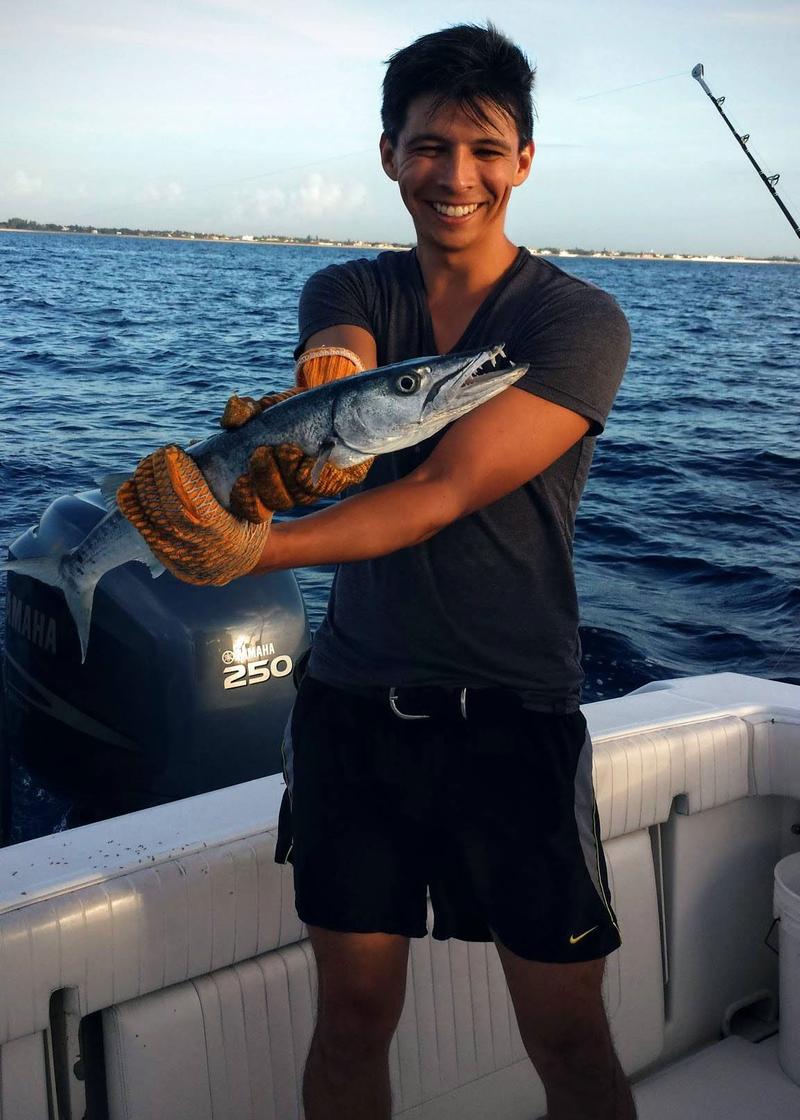- The best knife, gun, or caliber is the one you’ll carry. There’s no magic caliber or type of steel. A .22 pocket pistol that you can slip into every pair of pants you wear is better than the .45 full sized revolver that you leave at home more often than you take it out because it’s damn heavy.
- Begin with the lightest bug out bag possible. You will be tempted to fill it with everything you possibly can and in no time at all you’ll be up to a 60+ lb bag that you wouldn’t be able to carry more than a few miles without killing your back. Both wilderness and travel backpackers abide this one important lesson: the less you carry, the farther you travel.
- The big dramatic disasters are the least likely to happen. Nukes, EMPs, population-shattering pandemics, and off-the-rails artificial intelligence may all be eventualities, but don’t start preparing by building a bunker and stocking for the total apocalypse. Start with high probability emergencies like natural disasters and everyday emergencies like car trouble and first aid. You’ll be able to immediately put your preparedness into practice rather than sitting around surrounded by buckets of food that you won’t pop open for another 30 years.
- No, you don’t need another knife or gun. Ok, I jest, fulfill your knife and firearm collecting duties by all means, but don’t let it get in the way of diversifying. That $600 for a gun or $50 for a knife could be better spent on upgrading your water storage and filtration system. Or hey, how about a map?
- Don’t store water in 1 gallon jugs. They all eventually leak and they’re extremely space inefficient anyway. Just don’t.
- Don’t go off and tell all your friends to start prepping. You’ll want to evangelize, but let them come to you first.
- Have fun and stay lighthearted rather than going off the deep end of alarmism. Prepping is a lifelong practice and being in a constant state of fear is not the same thing as being ready. Don’t get burnt out and burn out others around you by being the boy who cried wolf about every little SHTF scenario of 0.000001% probability. On the flip side, enjoy and indulge in zombie apocalypse fiction - don’t ridicule your friends for it being “unrealistic”.
- Preppers are loaded with opinions that are often 100% theoretical. Many people haven’t been through a real emergency. Stay above the mall-ninja advice, don’t buy into lone wolf theories of survival. Above all, what works for someone else may not work for you.
- Start small, don’t start by hoarding. It can spiral out of control quickly and soon you’ll be waist deep in stuff you really don’t need.
- You don’t have to buy gear with MOLLE or in coyote brown to be a prepper. Tacticool is the dominant aesthetic of preppers and while it can be enjoyable, you don’t need to let it define you. If the apocalypse ends up being a giant shootout, none of us will last long no matter how much firepower you have - it’s a race to the bottom. Enjoy your freedom to express yourself as you do in daily life. You can wear a suit or a dress and still be a prepper.
- Preppers live in big cities too. The dominant aesthetic of preparedness is an off-grid cabin with a garden. More than 80% of the population lives in cities though. There’s plenty you can prep for and still be a city-dweller. There are ways to make your own strategy that works even in small apartments.
- Preppers come in all shapes, sizes, politics, and religions. You’ll probably feel like prepper community voices lean in a particular direction. Rest assured that you needn’t be from any particular ideology to be prepared, and in general, the prepping community is pretty accepting and diverse.
- There are very few preparedness “experts”. Be wary of those who call themselves such. Just because someone is military, first responder, or spends a lot of time on bushcraft doesn’t give them a doctorate in preparedness. The skills that come with these professions have serious value, but don’t forget to diversify. Overcoming disaster and collapse involves a wide range of skills. Seek out those who have experienced it first hand and expand your sphere of knowledge into things like trade, communications, psychology, religion, and negotiation.
